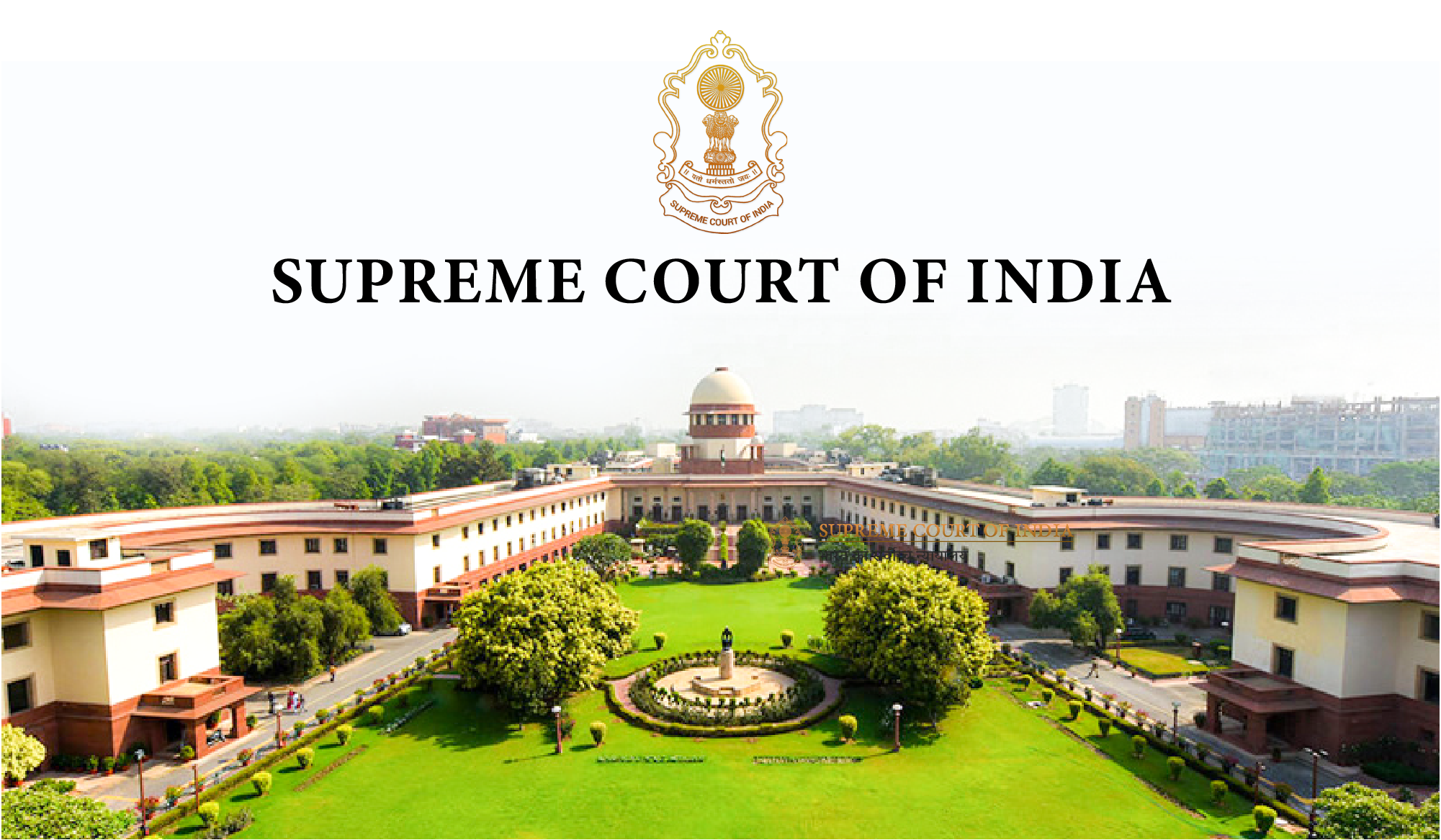
Table of Contents
ToggleUniform Civil Code (UCC) in India: A Comprehensive Analysis
Introduction to Uniform Civil Code (UCC)
The Uniform Civil Code (UCC) is a proposed set of laws in India that seeks to replace personal laws based on religious customs with a common set of rules governing every citizen. Article 44 of the Indian Constitution explicitly calls for the implementation of a UCC to ensure uniformity in laws related to marriage, divorce, inheritance, and adoption. Despite its mention in the Directive Principles of State Policy, the UCC remains a subject of debate and has yet to be enforced.
What is a Uniform Civil Code?
A Uniform Civil Code refers to a legal framework that applies equally to all citizens, irrespective of their religion or ethnicity. It aims to provide a cohesive legal structure that governs civil matters like marriage, divorce, maintenance, inheritance, and adoption, unifying laws that are currently influenced by religious practices.
Article 44 of the Indian Constitution
Article 44 states: “The State shall endeavor to secure for the citizens a Uniform Civil Code throughout the territory of India.” This directive suggests that UCC is essential for ensuring equality before the law and promoting national integration. However, Article 44 is a part of the Directive Principles of State Policy, meaning it is not legally enforceable but serves as a guideline for the government.
Importance of a Uniform Civil Code
The UCC is considered crucial for establishing legal equality in civil matters across all communities. Currently, India’s personal laws vary according to religion:
Hindu Law governs Hindus, Sikhs, Jains, and Buddhists.
Muslim Personal Law applies to Muslims, primarily based on Sharia.
Christian Law applies to Christians.
The existence of these varied personal laws has led to discrepancies in legal rights, often resulting in inequality, especially concerning women’s rights in matters of inheritance, divorce, and maintenance.
Arguments for the Uniform Civil Code
1. Promotes Gender Equality
One of the most compelling arguments for implementing UCC is that it would promote gender equality. Personal laws, particularly those related to marriage, divorce, and inheritance, often discriminate against women. For instance, Muslim personal law allows polygamy, while the inheritance rights of women in Hindu and Muslim laws have traditionally been unequal. A UCC would remove these disparities and establish equal rights for all.
2. Strengthens National Unity
A UCC would foster national integration by eliminating the legal distinctions between citizens based on religion. This would ensure that everyone is governed by the same laws, thereby promoting a sense of equality and unity.
3. Secularism in Action
India is a secular state, and the implementation of UCC would reinforce this principle by removing the influence of religion in civil law. It would reflect the secular ideals of the Constitution, ensuring that personal laws based on religious practices do not infringe upon the fundamental rights of individuals.
Arguments Against the Uniform Civil Code
1. Threat to Religious Freedom
Opponents argue that a UCC could infringe on the religious freedoms guaranteed by Article 25 of the Indian Constitution. Personal laws are seen as an integral part of religious identity, and any attempt to replace them with a uniform code may be perceived as a violation of the right to freedom of religion.
2. Complexity of Implementation
Given India’s diversity in terms of religion, culture, and traditions, implementing a UCC would be challenging. Different communities have distinct customs and practices, and a one-size-fits-all approach may not be suitable for such a diverse country.
3. Political and Social Backlash
The idea of a UCC has sparked political controversies, with some parties accusing others of using it as a tool to undermine the religious autonomy of minorities. There are concerns that a hurried implementation could lead to social unrest, particularly among religious minorities who may see it as an imposition on their cultural practices.
Case Laws and Judicial Precedents
The Supreme Court of India has, in several landmark rulings, emphasized the need for a UCC.
Shah Bano Case (1985):
This case brought the issue of a UCC into the spotlight. Shah Bano, a Muslim woman, was granted maintenance by the Supreme Court under Section 125 of the Criminal Procedure Code, overriding Muslim personal law. The ruling led to widespread debate and eventually resulted in the Muslim Women (Protection of Rights on Divorce) Act, 1986.
Sarala Mudgal v. Union of India (1995): The Court reiterated the need for a UCC to prevent the misuse of personal laws and protect women’s rights, particularly in cases of bigamy and polygamy.
John Vallamattom v. Union of India (2003):The Supreme Court declared that a UCC was necessary for the harmony of the nation and asked the government to work towards its implementation.
Global Perspective: UCC in Other Countries
Countries like France, Germany, and the USA have already implemented uniform civil codes. For example, in the USA, personal laws based on religion do not exist, and civil law applies uniformly to all citizens. In contrast, Muslim-majority countries like Pakistan and Bangladesh have reformed their personal laws but have not adopted a full-fledged UCC.
Conclusion: Is India Ready for a Uniform Civil Code?
The debate over the UCC remains one of the most contentious issues in India’s legal and political landscape. While proponents argue that a UCC would bring much-needed legal uniformity and promote gender equality, critics emphasize the importance of preserving religious freedom and respecting cultural diversity.The successful implementation of a UCC requires careful consideration, balancing individual rights with the need for national integration. While the concept is enshrined in the Constitution, the way forward must be paved with inclusivity, dialogue, and consensus-building among all communities.












Leave a Reply